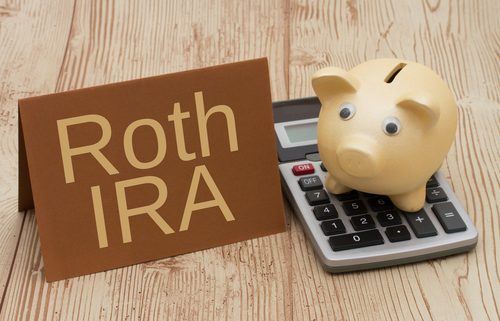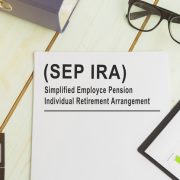A Key Benefit to Self-Directed Roth IRAs: Tax-Free Growth
They say there’s no such thing as a free lunch. And while that may be true, it seems especially true in the world of taxes. But you’d be surprised. When you use a Roth IRA, there are all sorts of tax-free benefits that come with using these accounts. After all, a Roth IRA means that you can put after-tax money into a retirement account, which means it’s already been taxed. And when you’re using a retirement account with already-taxed money, you’d be surprised at the degree of independence and flexibility you’ll have. That’s why today, we’re highlighting a key benefit to Self-Directed Roth IRAs: tax-free growth.
Tax-Free Growth: A Game-Changer for Retirement Savings
Unlike traditional retirement accounts, Self-Directed Roth IRAs offer the potential for tax-free growth. This means you don’t have to pay additional taxes on the backend when you take money out in retirement. So, essentially, any income generated within your Roth IRA, whether through investments, dividends, or capital gains, can grow and compound over time without being subject to income taxes in retirement. This significant advantage can have a profound impact on your long-term retirement savings.
How does it work? With a traditional IRA, you contribute pre-tax dollars, which are taxed when you withdraw them in retirement. However, with a Self-Directed Roth IRA, you make contributions with after-tax dollars, meaning you pay taxes upfront.
Tax-Free Distributions: Enjoying the Fruits of Your Investment
When you reach retirement age and are ready to start withdrawing funds from your Self-Directed Roth IRA, you can do so without incurring any taxes on your qualified distributions. This includes both your original contributions and any earnings generated within the account. This tax-free status can be a game-changer for individuals seeking to maximize their retirement income and maintain financial flexibility during their golden years.
Additionally, unlike traditional IRAs, Roth IRAs are not subject to required minimum distributions (RMDs) during the account holder’s lifetime. This means you can let your investments continue to grow tax-free for as long as you like, providing more control over your retirement savings and potentially leaving a larger legacy for your beneficiaries, if that’s your goal.
Strategic Opportunities: Leveraging Tax-Free Growth
You’ll notice we keep saying self-directed Roth IRAs. What does this mean? With tax-free growth as a foundation, Self-Directed Roth IRAs offer a myriad of strategic investment opportunities. You’re not limited to the traditional menu of stocks, bonds, and mutual funds. Instead, you can explore alternative investments such as real estate, precious metals, private notes, and even private equity.
For example, real estate investing through a Self-Directed Roth IRA allows you to benefit from rental income and property appreciation. You can do so without worrying about taxes eating into your profits. Similarly, investing in precious metals can serve as a hedge against inflation. It will also provide a tangible store of value within the tax-advantaged environment of your Roth IRA.
Interested in Self-Directed Roth IRAs?
If you’re intrigued by tax-free growth and the potential of Self-Directed Roth IRAs, we are here to help. As a trusted custodian specializing in Self-Directed IRAs, they can guide you through the process of setting up and managing your Self-Directed Roth IRA.
A key benefit of Self-Directed Roth IRAs lies in their ability to offer tax-free growth. This allows your investments to compound over time without incurring taxes on qualified distributions. This advantage, coupled with the strategic opportunities afforded by Self-Directed IRAs, can empower you to take control of your retirement savings and pursue a prosperous financial future. To learn more about Self-Directed Roth IRAs and explore how they can benefit your retirement strategy, don’t hesitate to reach out to American IRA at 866-7500-IRA.









